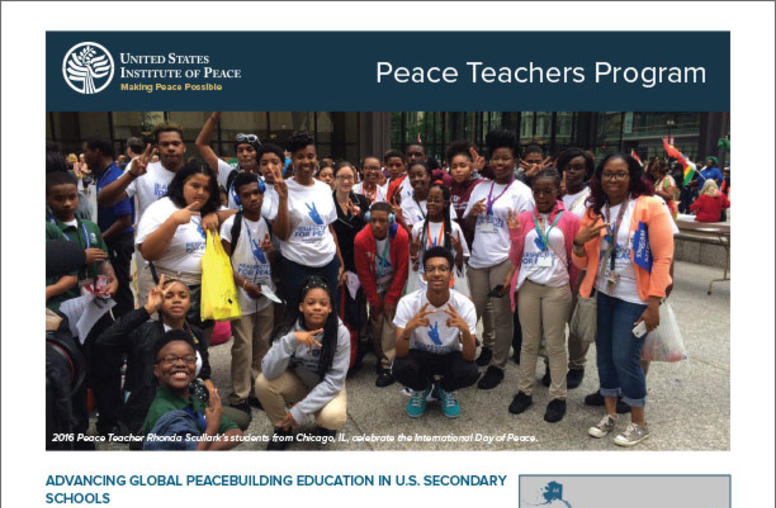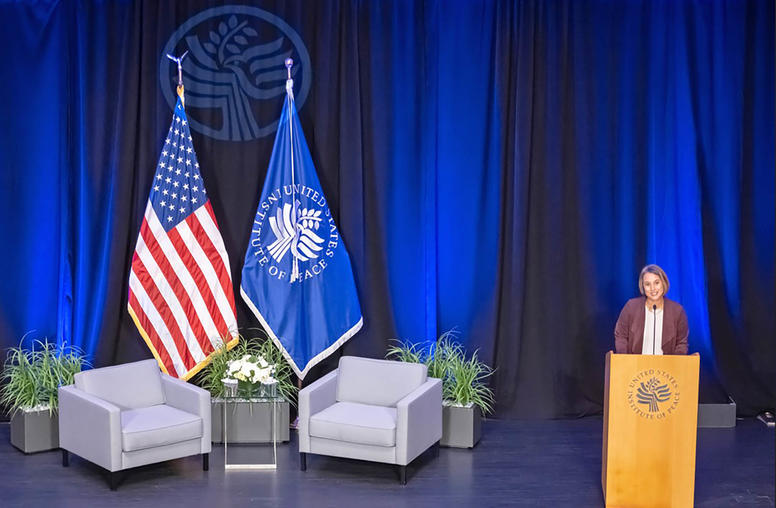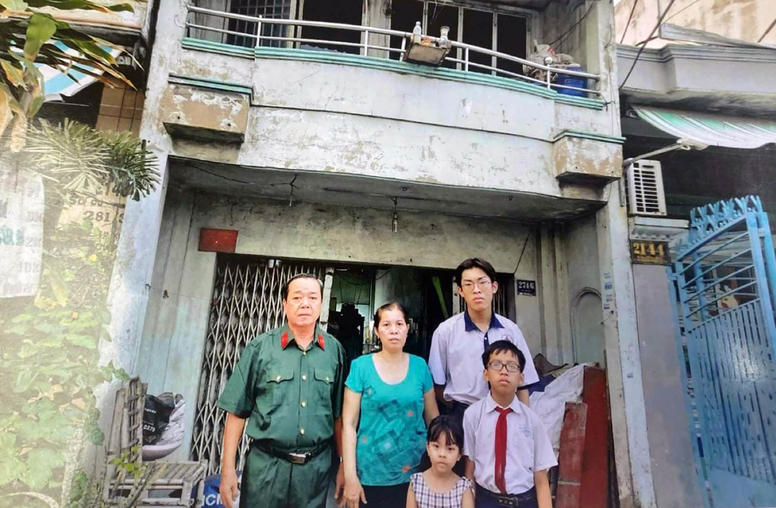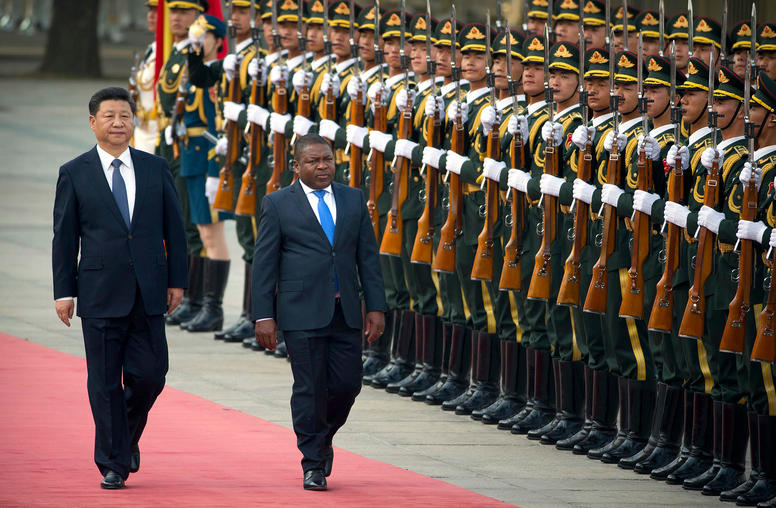It’s been a busy spring for our national outreach, with USIP experts traveling to South Dakota, Alabama, Iowa and beyond. But, a recent trip to Tennessee was a real standout.
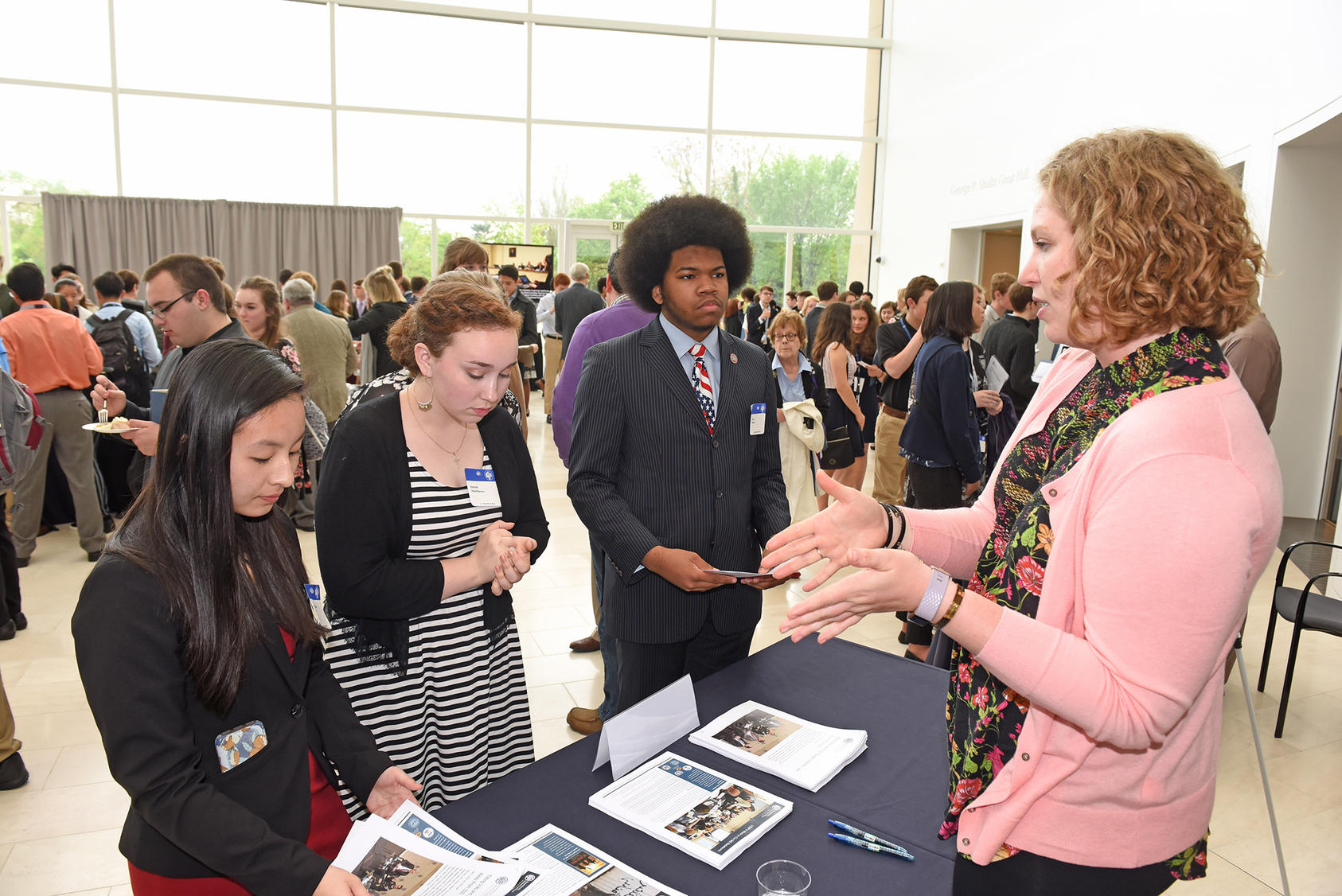
I just returned from a three-day USIP visit to the Volunteer State, where I encountered a lot of curiosity about our Institute’s work and mission, and about the practical ways our government seeks to build peace around the world.
From Franklin to Nashville to Cookeville, educational events brought new audiences in to learn about USIP. It was clear from the conversations I had that young people in Tennessee are seizing opportunities to get educated about international issues and to find ways to make a positive contribution to their world.
I was also struck by the global connections that Tennessee communities themselves—and their young people, in particular—are seeking out and by their practice of skills in conflict management and cross-cultural communication; skills that are at the core of USIP’s work.
At Centennial High School in Franklin, Peace Teacher Cassie Bates and her AP Human Geography students are discussing not only the causes and consequences of conflicts around the world, but also what peacebuilding looks like and how it can work in places like Northern Ireland. This summer, a trip to Southeast Asia will enable Centennial students to gain exposure to other cultures and perspectives and will surely further fuel their interest in international affairs.
Great conversation with the students of @WCSedu about negotiation & mediation as well as practical peacebuilding skills! Thanks again to @USIP Peace Teacher Cassie Bates for hosting! https://t.co/0NtqqnBqbn pic.twitter.com/avKrTLlvhB
— USIP Public Education (@buildingpeace) April 8, 2019
At Lipscomb University in Nashville, students started a Model U.N. Club on campus last year to create an opportunity to learn about international conflicts, apply negotiation skills through simulated exercises, and create connections with clubs on other campuses to be part of a broader network.
At Belmont University in Nashville and at Tennessee Tech University in Cookeville, students are pursuing internships at local nonprofits that put service into practice, building their communication and collaboration skills as a stepping-stone to applying those experiences at a global level.
At each institution, the students who turned out for panel events on international careers were not just the usual suspects—certainly the humanities were represented, but so were less traditional tracks and majors, from engineering to accounting. What the participants shared was an interest in learning more about the world and how to make a difference.
The success of the Tennessee World Affairs Council (TNWAC) speaks to its effectiveness in meeting this demand for international programming, through events and outreach that bring in new audiences, and through new podcasts, social media quizzes and other creative means. TNWAC is also valued by students and faculty alike for providing internship opportunities that enable young Tennesseans to get their foot in the door at an organization that works on current global affairs.
Another great panel speaking to students about int'l issues & careers. TY @tennesseetech for hosting & @TNWAC for the connection. pic.twitter.com/oxRl9imjxO
— USIP Public Education (@buildingpeace) April 10, 2019
Working with educational institutions and with TNWAC, USIP is proud to provide the people of Tennessee with resources on conflict management and peacebuilding, and ways to get engaged. This was USIP’s second trip to Nashville in 18 months: In the fall of 2017, President Nancy Lindborg visited and met with business leaders and spoke at local schools and at the famed local Rotary Club. We have sustained our engagement this school-year through work with Cassie Bates at Centennial High School. We have also welcomed visiting groups from Tennessee to USIP this spring—from East Tennessee State University to Hume-Fogg Academic Magnet High School.
Across the U.S., we continue to encounter audiences who are eager to learn more about USIP’s mission and work and to get involved in their own communities. And in Tennessee, I met young people who were taking up the mantle of the Volunteer State in service of a more inclusive, peaceful world.
As a student at Belmont University told me last week: “Managing conflict is something that we all have to do every day, even as kids and even in our own communities. If we all learn to do it more effectively, that’s how we help build peace in the world.”
